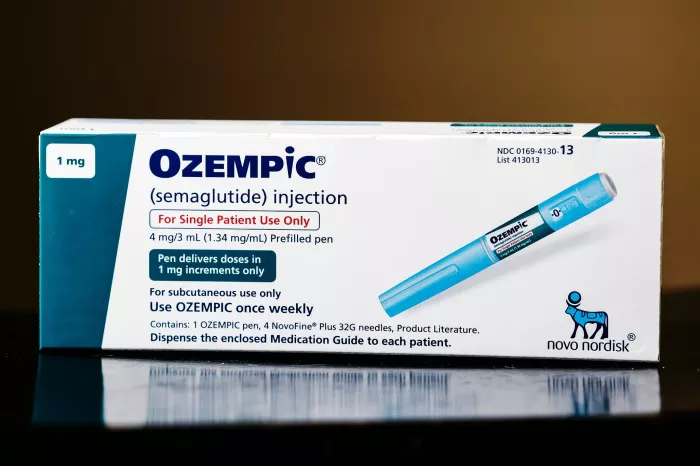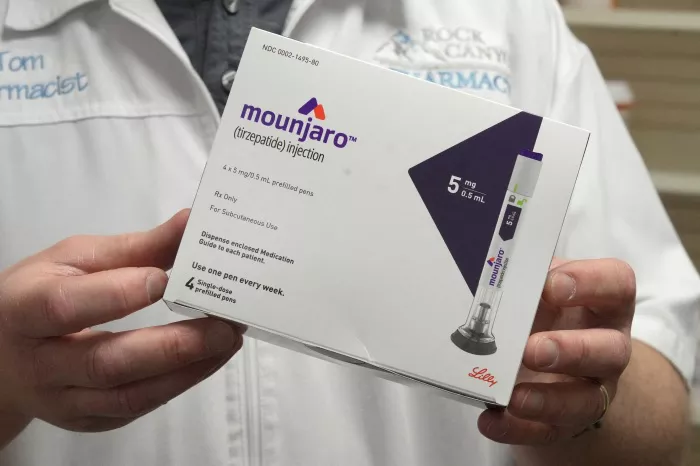Survey reveals public support, but healthcare guidance is lacking
Despite a rise in misinformation and cultural skepticism, a new nationwide survey has found that 50% of Americans still believe plant-based diets are good for their health. However, the data also reveal that many are hesitant to adopt such diets due to a lack of encouragement and information from healthcare providers.
Conducted by Morning Consult in collaboration with the Physicians Committee for Responsible Medicine (PCRM), the poll surveyed 2,200 adults across the United States. It found that while half of respondents consider a vegan diet to be healthy, only one-third disagreed, and the remaining 17% were unsure.
“There is a clear opportunity here that we are missing,” said Xavier Toledo, a registered dietitian at PCRM. “Healthcare professionals aren’t providing the support people need to make these dietary changes, and that’s preventing millions from taking steps that could reduce their risk of chronic diseases.”
Doctors could influence healthier choices
The report highlights a major gap in how healthcare professionals discuss nutrition with their patients. Only 20% of respondents said their primary care doctor had ever talked to them about the benefits of a plant-based diet. More than half (57%) said they had never had such a conversation with a healthcare provider.
Yet, the potential impact of medical guidance is clear. When shown evidence about the health benefits of plant-based diets, respondents’ willingness to try vegan eating increased by 15 percentage points, reaching 65%. The data suggest that simply seeing scientific support can motivate people to shift their habits.
These effects were especially noticeable among younger generations like Gen Z and millennials, as well as those with college degrees, higher incomes, and nonwhite backgrounds. Political affiliation also played a role: Democrats were more likely to see plant-based eating as beneficial compared to Republicans.
Americans still rely heavily on animal products
Although awareness of plant-based diets is growing, their actual adoption remains limited. Only 1% of Americans currently follow a strict vegan diet, with another 1% identifying as vegetarian. In contrast, 91% of people say they eat meat at least once a week, and 88% consume dairy weekly.
Seafood is the one exception—28% of respondents say they rarely or never eat it. Among those who believe plant-based food is healthier, the most supportive demographics mirrored earlier trends: younger, urban, educated, and racially diverse populations, especially those with progressive political views.
Health professionals lack plant-based nutrition training
Experts argue that healthcare systems are not keeping up with changing dietary trends. “Training for doctors and other medical professionals still centers on omnivorous diets,” said Dr. Shireen Kassam, a hematologist and the founding director of Plant-Based Health Professionals UK. Speaking to Green Queen, she emphasized that medical education rarely covers plant-based nutrition in any depth.
Kassam noted a recent study showing that just 72% of midwives feel prepared to advise pregnant patients on plant-based diets. The issue, she said, is widespread across healthcare fields. “Given how popular plant-based diets have become—and the clear environmental and health benefits—we need more robust education for health professionals.”
A growing public health and environmental movement
The findings come as public attention in the U.S. continues to focus on health and nutrition in the post-Covid era. This shift has been amplified by initiatives like Robert F. Kennedy Jr.’s “Make America Healthy Again” movement, which emphasizes wellness and disease prevention.
However, plant-based foods also face strong opposition. The U.S. Health Secretary has criticized both ultra-processed foods (UPFs) and plant-based meats, calling them “fake meats.” These remarks have contributed to declining sales in the plant-based food sector. In 2024, sales of meat alternatives fell 7%, while non-dairy milk dropped 5%.
This backlash is part of a broader cultural shift, where red meat is enjoying a resurgence thanks to conservative media, political identity, and online male influencers. Meanwhile, misinformation about alternative proteins is on the rise. At least five U.S. states have now banned cultivated meat, with more looking to follow.
Public demand for healthier diets remains strong
Despite these political and social headwinds, Americans remain interested in eating more healthfully. The American Heart Association found that 77% of U.S. adults want to improve their diets. Another recent survey reported that 48% believe plant-based foods are healthier than animal-based products, while 45% want to reduce their consumption of meat and dairy for personal health reasons—a 7% increase from 2023.
Among those open to plant-based meat alternatives, 43% said that improving their health was their main motivation. One-third of these respondents said they believe vegan options are better for heart health. This perception is supported by research from institutions like Harvard, which has repeatedly found strong links between plant-based diets and lower risks of type 2 diabetes, cardiovascular disease, cancer, and premature death.
A meta-analysis of data from over two million people published in 2023 confirmed these findings. Additionally, a cross-national survey of 11 countries concluded that the nutritional quality of plant-based meats and dairy is comparable—if not superior—to that of their animal-based counterparts.
Calls for change in U.S. dietary guidelines
As the U.S. prepares to update its national dietary guidelines, scientists and advocacy groups are urging policymakers to prioritize plant proteins over meat. Doing so, they argue, would align the nation’s food policy with the latest evidence on health, climate, and sustainability.
Healthcare professionals, too, are increasingly voicing the need for updated training. With public interest in plant-based diets growing and health benefits well-documented, experts say the time is right for doctors and dietitians to lead the way.
The survey ultimately reinforces a simple truth: Americans want to be healthier—and they’re open to change. But they need accurate information, professional guidance, and supportive systems to make that shift possible.
Related Topics































